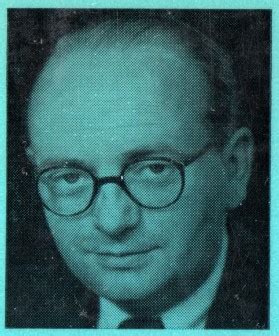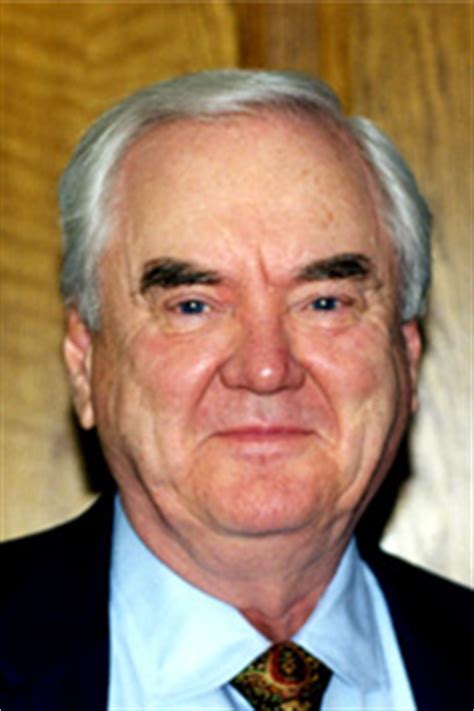A Quote by Errol Morris
People can burn archives; people can destroy evidence, but to say that history is perishable, that historical evidence is perishable, is different than saying that history is subjective.
Quote Topics
Related Quotes
No doubt Carlyle has a propensity to exaggerate the heroic in history, that is, he creates you an ideal hero rather than another thing.... Yet what were history if he did not exaggerate it? How comes it that history never has to wait for facts, but for a man to write it? The ages may go on forgetting the facts never so long, he can remember two for every one forgotten. The musty records of history, like the catacombs, contain the perishable remains, but only in the breast of genius are embalmed the souls of heroes.
Whether we like it or not, quantification in history is here to stay for reasons which the quantifiers themselves might not actively approve. We are becoming a numerate society: almost instinctively there seems now to be a greater degree of truth in evidence expressed numerically than in any literary evidence, no matter how shaky the statistical evidence, or acute the observing eye.
When you're dealing with a problem as complex as autism, you have to look at it from many different points of view and assemble evidence from many different vantage points. Biological evidence in humans and in animals, toxicologic evidence, how does the body deal with toxins, and evidence looking at the actual experience in populations.
Chauvet Cave is rather like the awakening of the modern human soul or I would say the awakening of modern human culture. Because Neanderthal men who still rode the landscape parallel to the people who did these paintings didn't have culture. There's no evidence of culture, no symbolic depiction, no evidence of music, no evidence of sculptures, no evidence of religious beliefs.
I destroy because for me everything that proceeds from reason is untrustworthy. I believe only in the evidence of what stirs my marrow, not in the evidence of what addresses itself to my reason. I have found levels in the realm of the nerve. I now feel capable of evaluating the evidence. There is for me an evidence in the realm of pure flesh which has nothing to do with the evidence of reason. The eternal conflict between reason and the heart is decided in my very flesh, but in my flesh irrigated by nerves.




































